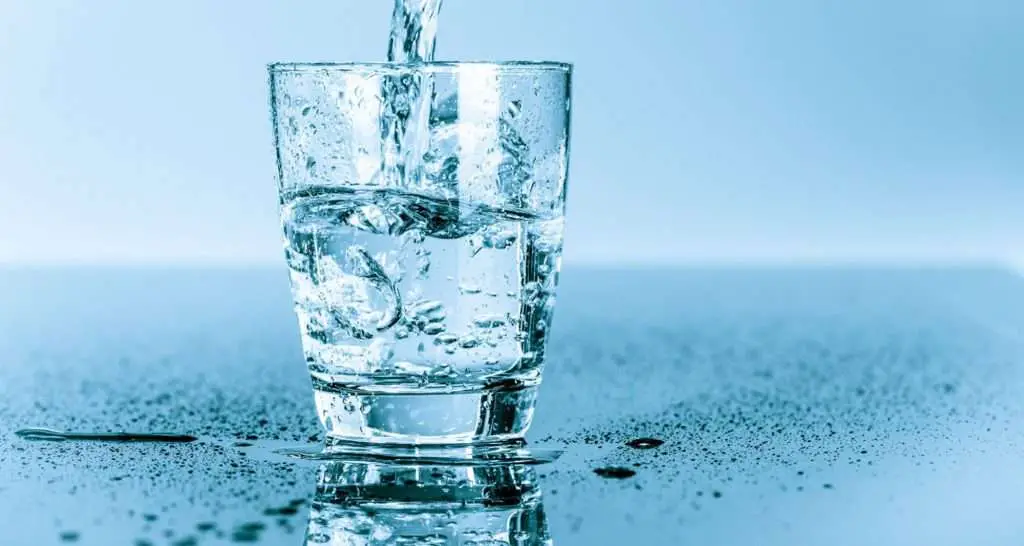Water is such an important resource, and we’ve always been taught that it should be reused. However, drinking water from the dehumidifier tank can actually pose a life-threatening risk. In this article you will learn how to understand what your dehumidifier does so you know if it's safe for consumption or not.
We also have some great ideas on ways to reuse the water, even if it’s safe for consumption - don't worry about wasting any more precious resources after reading through our helpful tips.
The Short Answer
No, although it mostly depends on the area that you live in and the various biological contaminants around you, health care professionals don’t recommend drinking dehumidifier water.
Environmentalists may think it’s as safe as drinking tap water but there is a huge difference between them - tap water goes through several filtrations while dehumidifier water might contain heavy metals, mold spores or other potential contaminants from the process of removing humidity.
Why is Dehumidifier Water Not Safe to Drink?
Drinking dehumidifier water is as safe as drinking water from washing machines. Although it might look like clean, fresh looking tap or bottled water, this seemingly harmless liquid falls under the category of greywater - which refers to all types of dirty liquids collected in domestic devices including dishwashers and washing machines.
To understand why you should avoid consuming such substances, let's discuss how your dehumidifier collects them first.
Water Condensation
As we know by now, when a device uses moisture for cooling purposes its condenser will collect humid air with droplets containing any contaminants; hence the term “condensate”.
Hazards of Drinking Condensate Water
The condensate water collected by your dehumidifier could be dangerous.
Excessive Metal Residues
Condensation provides no filtration for minerals and metals, which flow over metallic surfaces. Metals like copper are potentially toxic to the liver, heart and brain if they reach high levels by being in contact with high concentrations of metal in condensed water.
Growth of Bacteria and Microorganisms
Not only are the bacteria themselves a host for all kinds of nasty bugs, but higher humidity levels also expedite mold growth and even lead to bacterial infections such as Legionella due to biofilm formation in stagnant condensate water.
Constant exposure can cause problems by swallowing too much air borne dust or molds that grow on food which is why it's important to avoid consuming this liquid.
For those with a compromised immune system, symptoms can be severe and may require urgent medical attention.
Is Dehumidifier Water Distilled?
Although dehumidification may seem similar to distillation in many ways, there are some distinctions. For example, the boiling process that precedes a true distillation removes impurities and minerals found in water while also killing many viruses with it. Besides being safer for consumption than distilled water is (due to lacking essential minerals), boiled water has been shown by recent studies not only capable of removing arsenic from drinking waters but even diseases such as cholera.
Can I Reuse Dehumidifier Water?
Can I reuse dehumidifier water? It is clear that drinking this condensed liquid would be a bad idea. However, there are plenty of other ways you can use it including:
- Watering inedible plants with the excess
- Filling up your car’s radiator tank or wiper washing tank
- Using the water with bleach to clean surfaces around your home
Is It Safe to Let Dogs Drink Dehumidifier Water?
No, dehumidifier water is as threatening to pets as it is for humans. To protect your dog, make sure they drink clean and fresh water from the best possible sources while avoiding those with high mineral content.
Final Verdict
The water produced by dehumidifiers isn’t suitable for drinking, but we've got a few ideas reuse it.
Make sure you’re always drinking tap or bottled water and invest in a good water filter is you have any doubts over the quality of your water supply.

